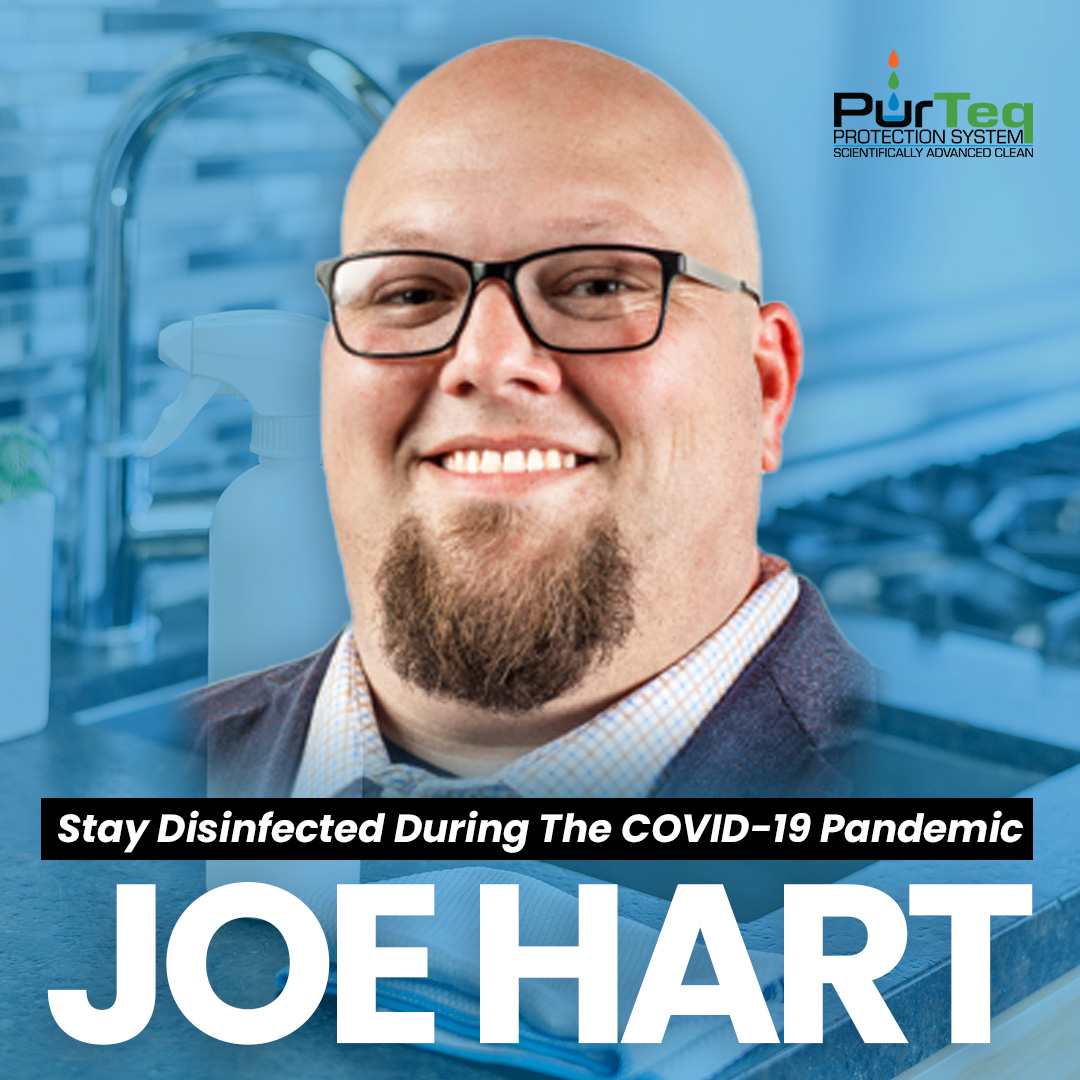In this episode, Clarence talks with Joe Hart of Purteq Oklahoma to discuss how to stay disinfected and the decontamination and long-term surface protection for local businesses.
This episode with Joe Hart reveals:
- The biggest myths out there when it comes to disinfecting your business and protecting your customers and employees from germs, viruses, and bacteria?
- Common mistakes business owners and property managers make when cleaning and disinfecting their facility.
- How to protect yourself from germs in the workplace.
…plus much more!
Listen here to find out how to decontaminate your facility using state of the art technologies and reduce employee absenteeism by keeping them safe from infection throughout your building.










